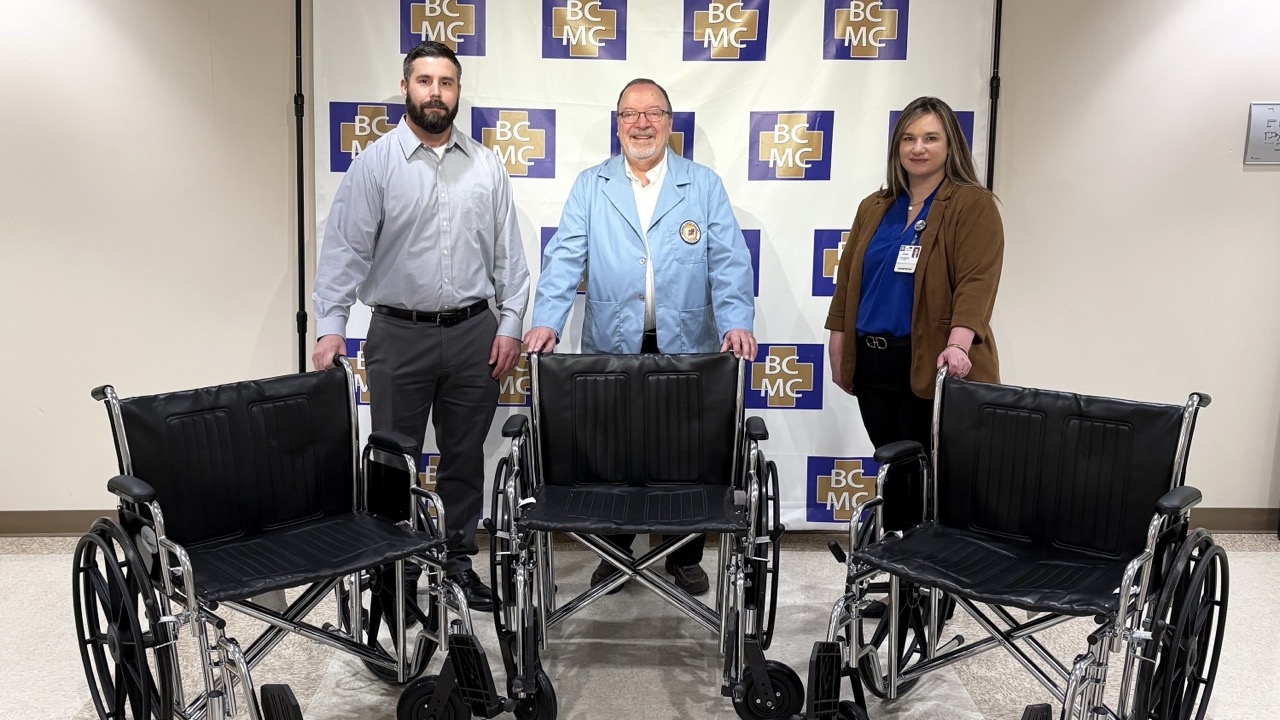SACRAMENTO, Calif. — Vic Ford, head of agriculture and natural resources for the Cooperative Extension Service in Arkansas, has been recognized by the Society of American Foresters with its highest honor, the Gifford Pinchot medal.
“I am honored and humbled to receive this award because the list of award winners includes my mentors and heroes,” Ford said. “It is extra special since I was nominated by friends and colleagues in Arkansas who thought my accomplishments qualified for the award when I did not. I am indeed grateful for their confidence and support.”
The medal recognizes outstanding contributions by a forestry professional in the administration, practice, and professional development of forestry in North America, and is presented in odd-numbered years. The Society of American Foresters announced its awards on Aug. 31. Ford will receive the medal in October.

“We are very proud of Dr. Ford’s accomplishments as a forester,” said Bob Scott, director of the Cooperative Extension Service. “In his role as associate vice president for ag and natural resources, he often finds himself doing double duty in our forestry group due some vacancies and reduction in the number of staff. I join everyone in congratulating him on this well-deserved recognition.”
The medal is named for Gifford Pinchot, who is widely credited as being America’s first forester and the father of the conservation movement in North America. In addition to establishing the Forest Service, Pinchot founded the Society of American Foresters in 1900. He served as its president from 1900–1908 and again from 1910–1911. He was elected an SAF Fellow in 1918. Gifford Pinchot brought a professional approach to all his endeavors, the Forest Service, natural resource conservation, and the SAF. His actions have left an indelible mark on the profession of natural resource management.
Ford earned his Ph.D. in forest soils from Virginia Tech. He joined the University of Arkansas System Division of Agriculture as a professor and head of the newly opened Southwest Research and Extension Center in 1983, the same year he joined SAF. He was named associate vice president for agriculture and natural resources-extension for the Division of Agriculture in 2020. Ford has become a familiar face and voice in Arkansas, thanks to his many appearances in media outlets, and talks about edible fungi.
In November 2022, Ford was honored with a Lifetime Achievement Award from the Ouachita Society of American Foresters during its annual meeting in Oklahoma.
Early adopter of computers, spatial data
Ford was an early adopter of microcomputer use in forestry. By the late 1980s, Ford was learning geographic information systems, or GIS, and again was an early adopter in use of spatial data analysis for research and to develop operational recommendations for foresters.
His use of GIS hasn’t been limited to forestry. Over the last decade, he has used GIS to help determine the scope of large-scale row crop damage from flooding.
Ford developed a mapping system and code that used geology and geomorphology as a framework to map soils and develop recommendations. This system was used by his employer Westvaco in Kentucky, Illinois, Missouri, Tennessee, West Virginia and Virginia. Consultants who conduct soil mapping have adapted the system to other areas.
Ford’s screening of herbicides for hardwood plantations led to significant changes to labels. His work in water quality showed that water coming from a managed landscape was often cleaner than water entering the tract.
To learn about extension programs in Arkansas, contact your local Cooperative Extension Service agent or visit www.uaex.uada.edu. Follow us on Twitter and Instagram at @AR_Extension. To learn more about Division of Agriculture research, visit the Arkansas Agricultural Experiment Station website: https://aaes.uada.edu/. Follow us on Twitter at @ArkAgResearch. To learn more about the Division of Agriculture, visit https://uada.edu/. Follow us on Twitter at @AgInArk.




